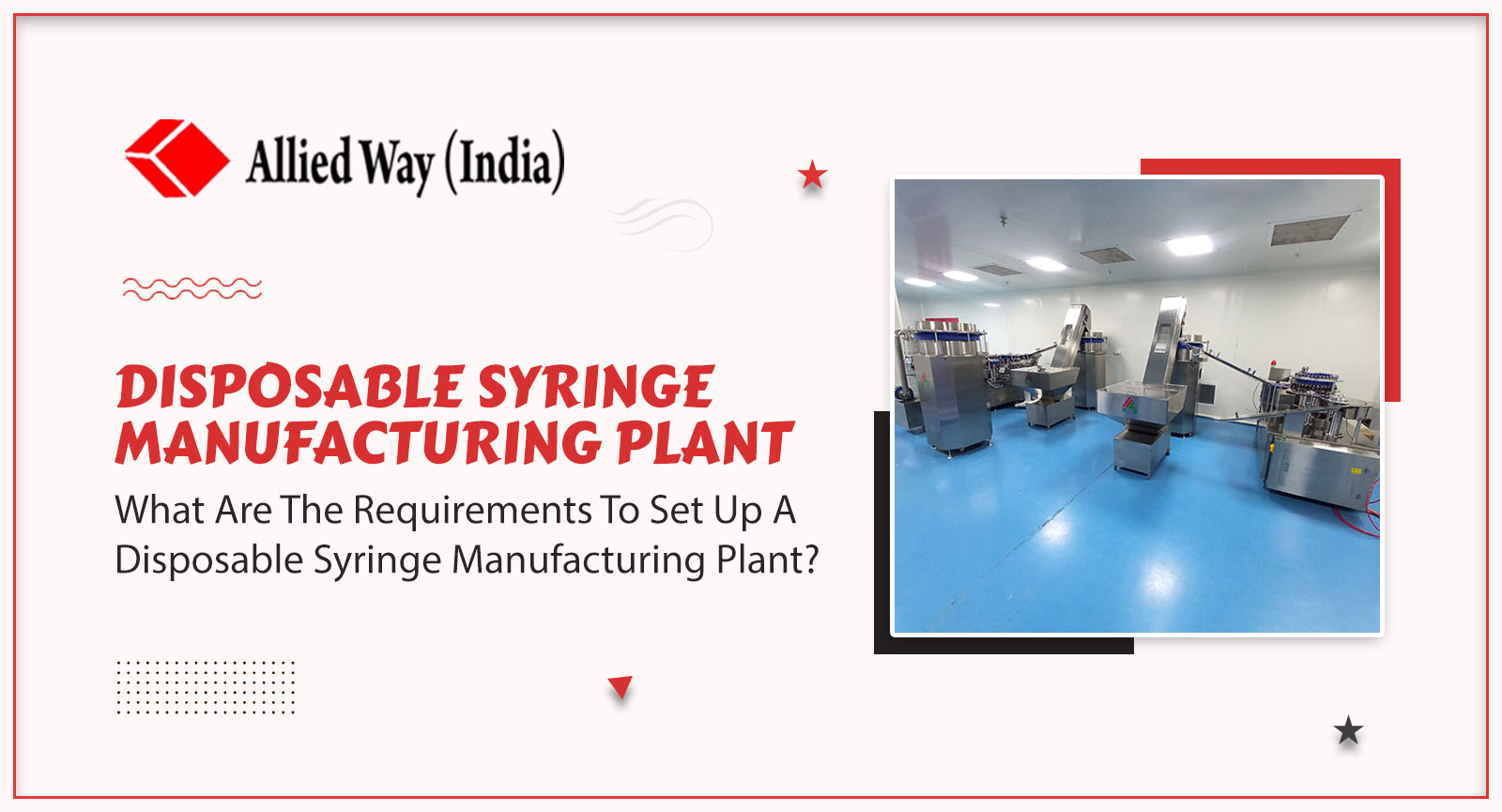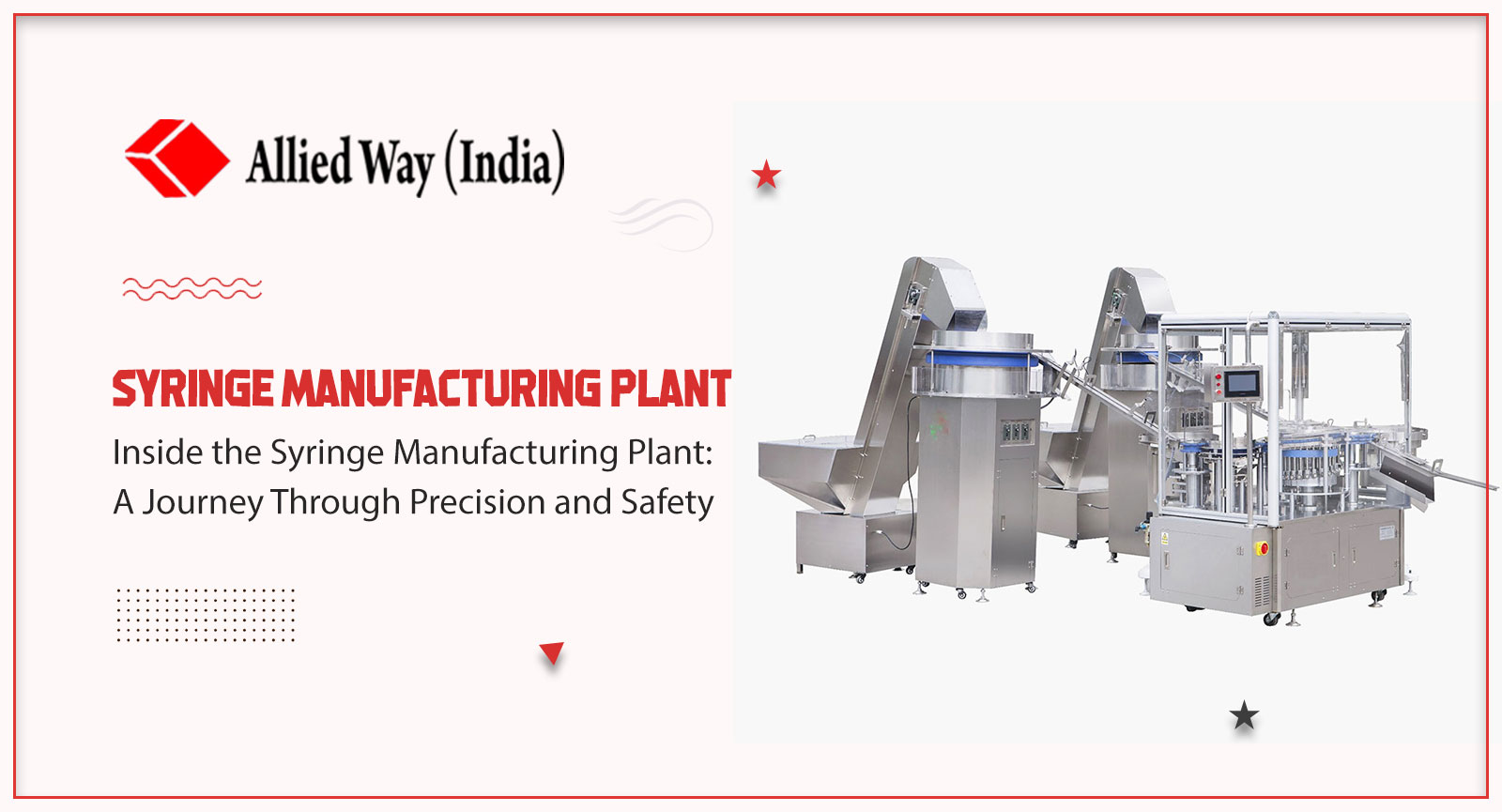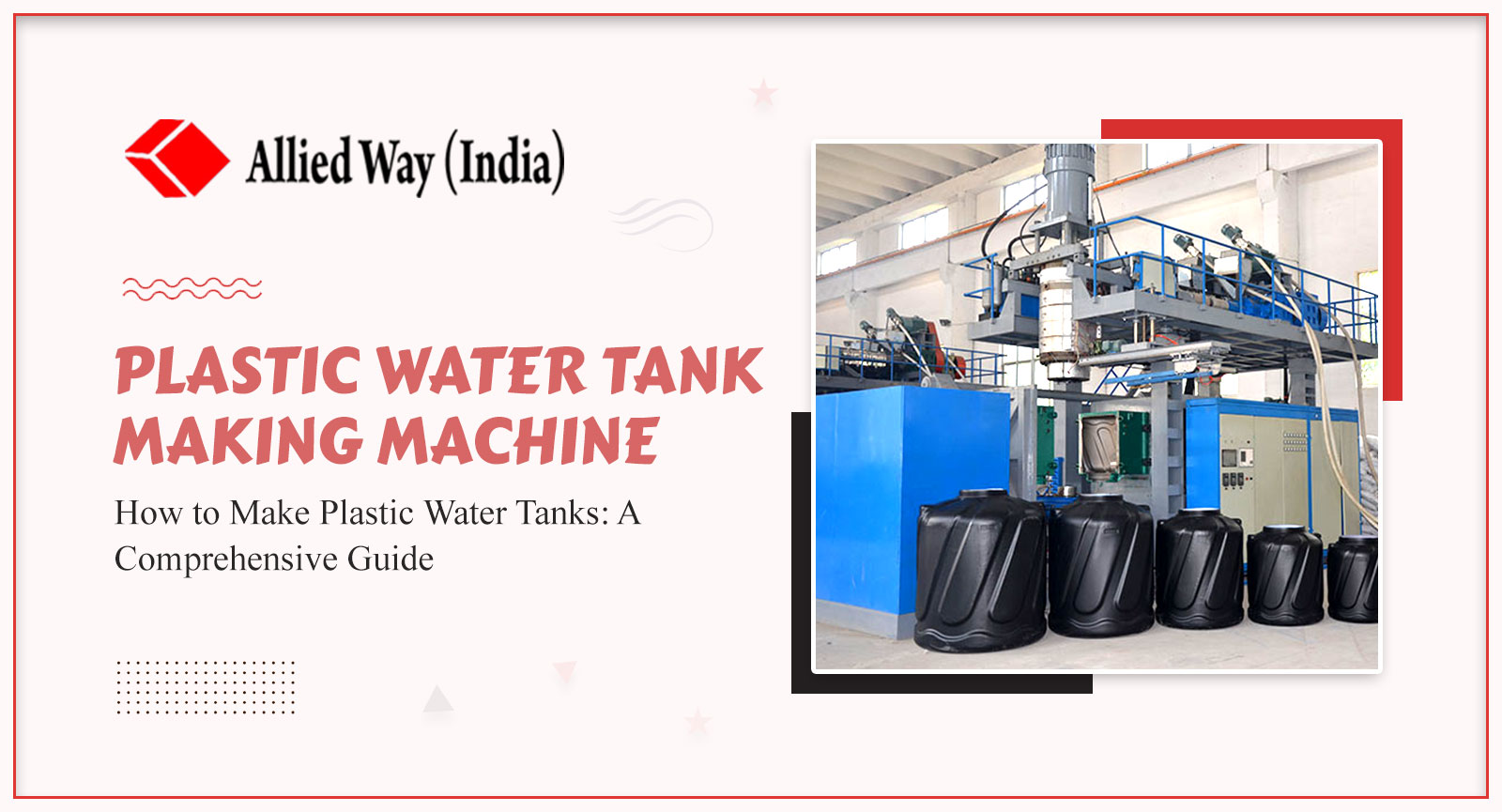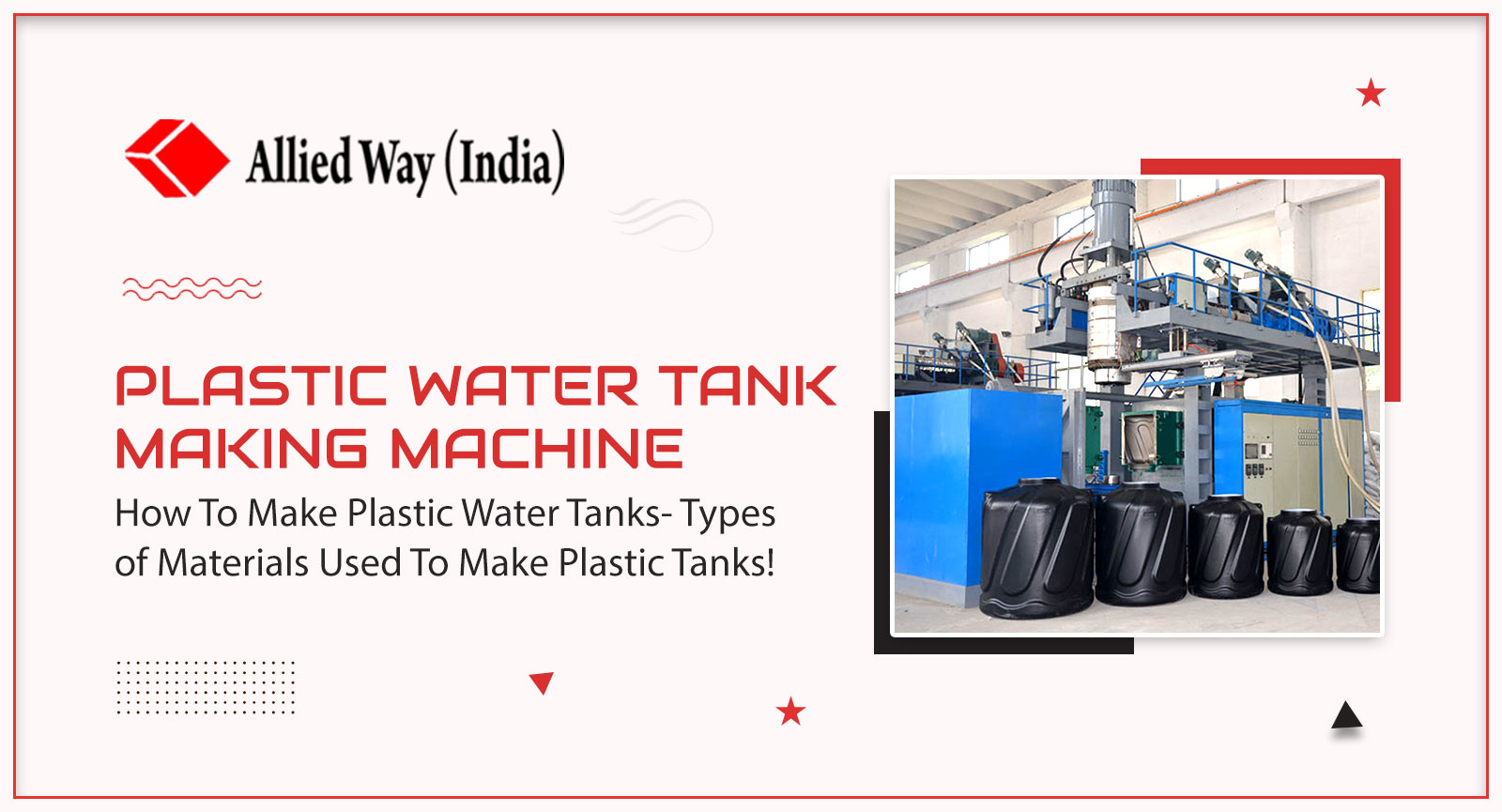
The healthcare industry relies heavily on the production of medical devices to meet the ever-growing demand for quality patient care. One crucial component of this industry is the disposable syringe, a ubiquitous tool used for administering medications and vaccines. Setting up a syringe manufacturing plant requires careful planning, adherence to regulatory standards, and a deep understanding of the disposable syringe manufacturing process.
Requirements for Setting Up a Disposable Syringe Manufacturing Plant
Many factors are required for setting up a manufacturing plant. These include:
Regulatory Compliance
Before venturing into syringe manufacturing, it is essential to familiarize oneself with the regulatory requirements. Compliance with international standards is mandatory. In addition, obtaining necessary certifications from health authorities is crucial for ensuring the safety and efficacy of the manufactured syringes.
Infrastructure
Establishing a manufacturing plant requires a well-equipped facility. Adequate space for production lines, storage, quality control labs, and administrative offices is necessary. The facility should also be designed to accommodate cleanroom environments to prevent contamination during the manufacturing process.
Machinery and Equipment
High-quality, precision machinery is the heart of syringe manufacturing. Injection molding machines, assembly machines, and quality control equipment are key components. The choice of machinery should align with the intended production capacity and the types of syringes to be manufactured, such as insulin syringes, pre-filled syringes, or safety syringes.
Raw Materials
Acquiring the right raw materials is critical for producing safe and effective syringes. Materials like medical-grade plastics (polypropylene or polycarbonate) for syringe barrels, rubber for plunger tips, and stainless steel for needles must meet stringent quality standards. Establishing reliable supply chains for these materials is essential to ensure uninterrupted production. The raw materials are highly crucial
Skilled Workforce
A skilled and well-trained workforce is essential for the success of a syringe manufacturing plant. This includes professionals with expertise in injection molding, quality control, machine operation, and regulatory compliance. Training programs and continuous education initiatives can help maintain high production standards.
Disposable Syringe Manufacturing Process
In the Disposable Syringe Production Line, the disposable syringe manufacturing process involves several critical steps, each demanding precision and attention to detail. These are:
Mold Design and Creation
The process begins with designing and creating molds for the syringe components. This includes molds for the barrel, plunger, and needle.
Injection Molding
Medical-grade plastic pellets are melted and injected into the molds to create the syringe components. The injection molding process ensures uniformity and precision in the dimensions of the syringe parts.
Assembly
The molded parts are then assembled into complete syringes. This involves fitting the plunger into the barrel, attaching the needle, and ensuring all components work seamlessly together.
Quality Control
Strict quality control checks are performed at various phases of production. This includes visual inspections, dimensional checks, and functional tests to guarantee the safety and reliability of the syringes.
Packaging
Once the syringes pass quality control, they are packaged in sterile conditions. Proper packaging is crucial for maintaining the sterility of the syringes until they reach the end-users.
Conclusion
Establishing a disposable syringe manufacturing plant requires a comprehensive understanding of the regulatory landscape, a commitment to quality, and a well-thought-out production process. By meeting these requirements and understanding the intricacies of the disposable syringe manufacturing process, entrepreneurs can contribute to the healthcare industry by providing safe and reliable medical devices for patient care.








